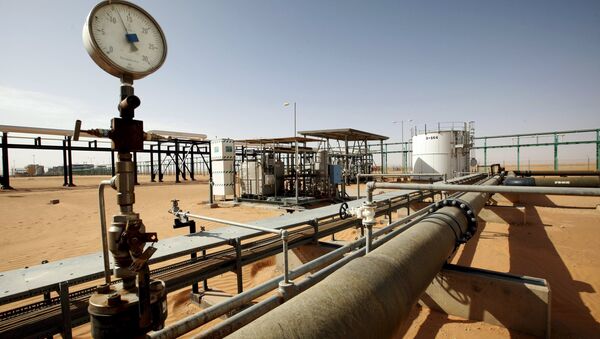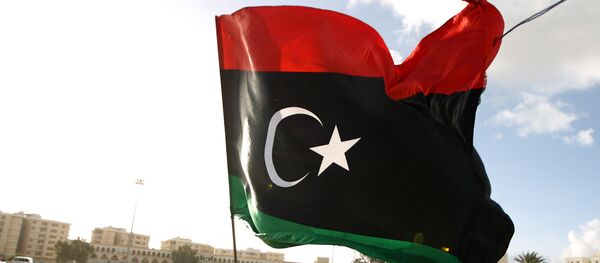Commenting on US Secretary of State Mike Pompeo's words about the potential flow of jihadists fleeing Syria for Libya, High Council of State member Adel Karamaus opined that this remark should be taken as an important warning.
"We expect a new wave of interference in the election process; perhaps this will be done only at the political level, but military action can't be ruled out," Karamaus told Sputnik Arabic.
Libyan presidential and legislative elections may take place in October 2019, according to a recent communique released by the African Union (AU).
Speaking to Fox Business' Trish Regan on 6 February, Secretary Pompeo asserted that Daesh (ISIS/ISIL)* is likely to try to establish itself in Libya.
He further pointed out that "the forces of the African Command of the US Armed Forces (AFRICOM, AFRICOM) are operating in airspace in southern Libya". The politician presumed that they might beef up their presence there.
For his part, Ibrahim al-Gweil, a lawyer and former advisor to Muammar Gaddafi, told Sputnik that "AFRICOM manoeuvres and actions in the south of Libya have one goal — American control over Libya."
"Since the times of Egyptian President Gamal Abdel Nasser (1956-1970), Americans have sought to boost their positions in Libya and prevent the strengthening of cooperation between Egypt, Libya and Sudan", he added.
Election Contenders Fighting for Sharara Oil Field
Washington's pivot to southern Libya, mentioned by al-Gweil, is by no means surprising given the region's vast oil reserves.
El Sharara, Libya's biggest oilfield, is located in the south. It has become the focus of attention as the Libyan National Army (LNA) led by Field Marshal Khalifa Haftar and the UN-recognised Government of National Accord (GNA) have both claimed maintain control over the field.
Commenting on the developments on the ground, Jalel Harchaoui, a Libya expert who lectures in geopolitics at the University of Versailles, told Sputnik that "the LNA is likely to make aggressive attempts in Sharara — and in the Fezzan in general, because in terms of image and politics, the appearance of a successful campaign would bolster Haftar in a major way on a national level.
The academic emphasised that "with a capacity of approximately 300,000 bpd, Sharara is Libya's largest oil field", adding "This is such a large chunk, the asset is hard to replace or compensate for".
"That aspect, and others, make Sharara stand out in the current political situation", he opined. "The shutdown that has been going on since December, has acted as one of several catalysts behind Field Marshal Haftar's campaign in southern city Sebha".
On 11 February, Eastern Libyan military forces announced that they have full control of the oil field "in a challenge to the internationally recognised government in Tripoli" that asserted on 10 February that their military forces had reached the deposit on Sunday, Reuters said.
Bloomberg reported on 12 February that the LNA had taken the oilfield under control, recalling that the Haftar-led forces vowed to hand the field over to the National Oil Corporation (NOC). Both Reuters and Bloomberg admitted there had been no comment from NOC on the issue.
Earlier, in late January, NOC Chairman Mustafa Sanalla signalled that the oilfield would remain shut following the December 2018 force majeure. The NOC that runs Sharara in partnership with Repsol, Total, OMV and Equinor, is based in Tripoli.
*Daesh (ISIS/ISIL/Islamic State) is a terror organisation banned in Russia.
The views and opinions expressed by the speakers do not necessarily reflect those of Sputnik.




